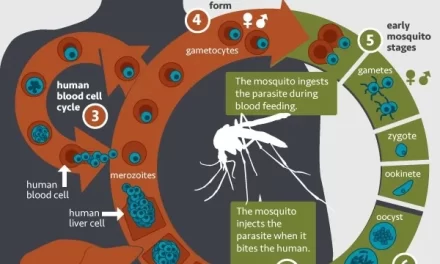
According to a study published in the journal Reproductive Biomedicine Online, adopting a Mediterranean diet rich in fruits, vegetables, nuts, and legumes during IVF treatment could significantly enhance outcomes compared to a Western diet.
Professor Roger Hart, affiliated with the University of Western Australia and City Fertility in Perth, Australia, highlighted the extensive usage of adjuvant therapies for infertility during IVF, particularly among women whose prior treatments were unsuccessful. The study evaluated nine commonly-used nutritional supplements, revealing inconsistent and varying quality evidence supporting their efficacy.
Professor Hart emphasized the widespread use of nutritional supplements, often self-medicated and acquired online or over-the-counter, with limited available data on their usage trends.
The research indicated a strong preference for the Mediterranean diet, demonstrating benefits in embryo development and pregnancy outcomes, even with a brief six-week intervention program.
The common characteristics of favorable diets included high consumption of fruits, vegetables, whole grains, legumes, nuts, fish, and healthy oils, while limiting highly processed foods. These diets were noted for their richness in B-vitamins, antioxidants, omega-3 fatty acids, and fiber while being low in saturated fats, sugar, and sodium.
Among the analyzed supplements, omega-3 fatty acids emerged as potentially beneficial in improving IVF outcomes and embryo quality, backed by existing research on their positive impacts on general health and reproduction.
Supplements such as dehydroepiandrosterone (DHEA), co-enzyme Q10 (CoQ10), and melatonin displayed some advantages, particularly for women with a history of poor response to ovarian stimulation in previous IVF attempts.
Professor Hart recommended the adoption of a Mediterranean diet as a straightforward nutritional approach to augment IVF success. Additionally, using COQ-10 and DHEA before IVF could serve as beneficial adjuncts for women with prior inadequate responses to ovarian stimulation. While omega-3 free-fatty acid supplementation might enhance specific clinical and embryological outcomes, the study emphasized the need for further research to determine specific patient groups and optimal dosages for other supplements.











